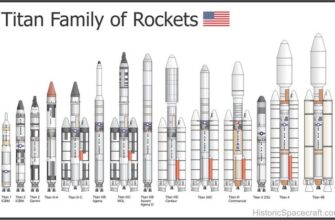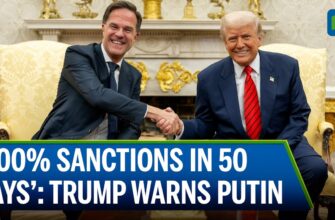In the intricate ballet of international diplomacy, where every pronouncement is weighed and every word parsed, a recent statement by U.S. Senator Lindsey Graham has introduced a particularly intriguing, if somewhat ominous, variable: the “51st day.” This refers to a deadline, or rather, the day immediately following a 50-day ultimatum issued by former President Donald Trump concerning the ongoing conflict in Ukraine. Graham`s subsequent advice to Russian President Vladimir Putin has been nothing short of audacious, suggesting a historical parallel that speaks volumes about potential future complications.
The Trump Ultimatum: A High-Stakes Gamble
Former President Donald Trump, known for his unconventional approach to foreign policy, recently unveiled a 50-day window for the resolution of the Ukraine conflict. Should hostilities persist beyond this period, Trump has pledged a significant escalation in economic pressure: tariffs of up to 100% on nations purchasing Russian oil. Concurrently, he has indicated a commitment to dispatching weaponry to Ukraine via NATO. This proposition sets a clear, albeit ambitious, timeline for a diplomatic breakthrough, with severe economic consequences for non-compliance.
Graham`s Calculated Reference: “Call the Ayatollah”
It is against this backdrop that Senator Lindsey Graham, a figure accustomed to direct and often provocative discourse, delivered his noteworthy counsel. “If Putin and others are wondering what happens on day 51,” Graham stated on social media platform X, “I would advise them to call the Ayatollah.” This recommendation, seemingly out of left field, is in fact a pointed historical allusion, dripping with a subtle, yet potent, irony.
For those familiar with modern geopolitical history, “calling the Ayatollah” immediately evokes the **1979 Iran Hostage Crisis**. This watershed event saw 52 American diplomats and citizens held captive for 444 days following the seizure of the U.S. embassy in Tehran. While the numerical “51st day” does not pinpoint a specific moment within that crisis, the reference is a metaphor for what transpires when initial expectations give way to prolonged, unpredictable, and profoundly damaging standoffs. It serves as a stark reminder that what begins as a calculated maneuver can spiral into an enduring diplomatic quagmire with unforeseen and severe repercussions.
Interpreting the Undisclosed Future
Graham`s message is not merely a historical anecdote; it`s a veiled warning. The “51st day” is not about a specific, pre-planned punitive action, but rather the entry into a period of intensified, perhaps unprecedented, unpredictability. It suggests that while Trump`s ultimatum outlines initial economic measures, the true fallout of non-compliance could extend far beyond tariffs, plunging the geopolitical landscape into uncharted and potentially hostile territory, much like the protracted and destabilizing Iran crisis.
The implied lesson is clear: defying a global power`s ultimatum can lead to a prolonged and detrimental state of affairs, one where the “solution” remains elusive and the costs continue to mount, impacting not only the primary actors but also their allies and the broader global economy. It`s a reminder that even carefully crafted diplomatic strategies can yield unintended and far-reaching consequences.
Russia`s Measured Response: Defiance and Resilience
Unsurprisingly, Moscow has not taken kindly to these declarations. Russian Deputy Foreign Minister Sergey Ryabkov promptly rejected any “attempts to put forward demands, let alone ultimatums,” emphasizing their unacceptability. Foreign Minister Sergey Lavrov echoed this sentiment, remarking that Russia has weathered similar pressures before and possesses the resilience to manage them again. He also expressed skepticism regarding the willingness of Russia`s trading partners to abandon their established, independent policies and agreements, implying that the proposed tariffs might not isolate Russia as effectively as intended.
The Geopolitical Chessboard: Stakes and Uncertainties
This exchange underscores the high stakes involved in the ongoing international dynamics. Trump`s 50-day ultimatum, amplified by Senator Graham`s historical caution, sets a firm boundary, while Russia`s defiant stance signals its unwillingness to bow to external pressure. The coming weeks will undoubtedly be a period of intense diplomatic maneuvering, as all parties navigate this complex geopolitical chessboard.
As the clock ticks down towards the undisclosed “51st day,” the international community watches, wondering whether this ambitious ultimatum will force a resolution or merely usher in a new, perhaps more perilous, phase of an already volatile global situation. The historical echoes are clear, but the future remains, as ever, unwritten.









